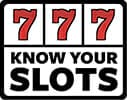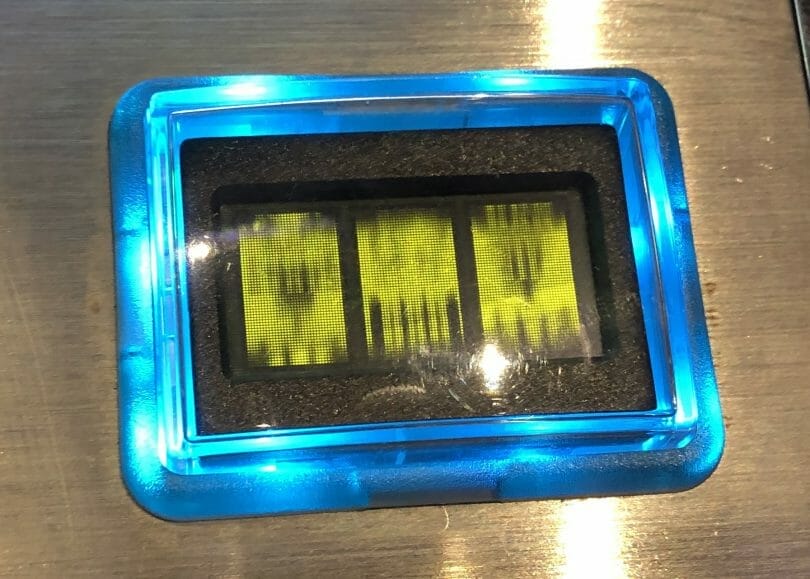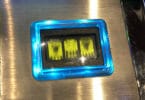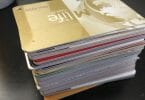On one of my other posts regarding slot machines and RNGs, reader John asked the following:
A long time back there was a person who fixed a slot machine when he was working on it at the factory. It was a keno machine and he had a certain code put in the slot machine so all he had to do was punch the code in and the numbers would come up. He was caught and I believe he was sent to jail. But he made a statement that there is no such thing as a Random Number Generator! That someone somewhere had to put those numbers in the RNG the first time. Random is not Random that the numbers just did not come out of thin air! Can you explain your feeling about the RNG?
John, in a comment on another post
So there’s a great question in there, as well as some other things to unpack. Is a slot machine random number generator really true random?
STATUS: It’s not. Technically, it’s pseudo-random, so it’s probably more accurately dubbed a Pseudo-Random Number Generator, or PRNG.
While for simplicity sake we might call them RNGs, the reality is they are coded and devised by humans to do a certain job, and as such they’re as random as the developer(s) who designed them made them. As a result, they’re not really random, but act like they would be. Usually they’ll take in certain types of inputs such as the machine’s date and time and some other data to seed the algorithm to generate the “random” numbers that govern the slot.
This number generator is designed like everything else to make the game run as expected. And another part of it is that each number that it is outputting maps to an outcome within the machine, whether it be a number for each reel strip, which may have some fixed number of positions, or a number for an entire outcome (which could easily go into the millions).
As such, in the example you gave, if someone had inside information into what numbers were winners or losers, and could feed that into the machine to guarantee a win, that would clearly be inside information that could be considered cheating and therefore a problem.
Then there’s the news reports about the Russian hacking team that had figured out flaws in certain slot machines over the years that could lead to knowing when to hit the spin button on a machine and get paid – no hacking of the machine was involved, just knowledge of how that PRNG worked and some sample spins to understand how the machine was playing. The hackers could then have an app on their phone vibrate approximately a quarter of a second before a winning spin.
The reason they could do this is they figured out the algorithm that was determining how numbers were generated – the pseudo-random aspect – and could use the same information, along with the game’s design (which they figured out through getting a copy of actual slots and working through the software), to figure out when the winning spin numbers would land.
Slot manufacturers continue to evolve how they handle these features, but they’ll never be truly random unless they were based on something not touched by humans such as the decay of radioactivity. That seems unlikely – slot manufacturers are sophisticated at devising math – so instead machines will probably instead simply continue to get harder to reverse engineer, and the formulas themselves get more complex as they learn from the flaws that were discovered.
To you or me, an average player, and government regulators, it’s as random as you’d want it to be to feel comfortable believing the games are fair and meant to pay what they’re designed to over time. But in the most accurate sense, it’s a PRNG.





